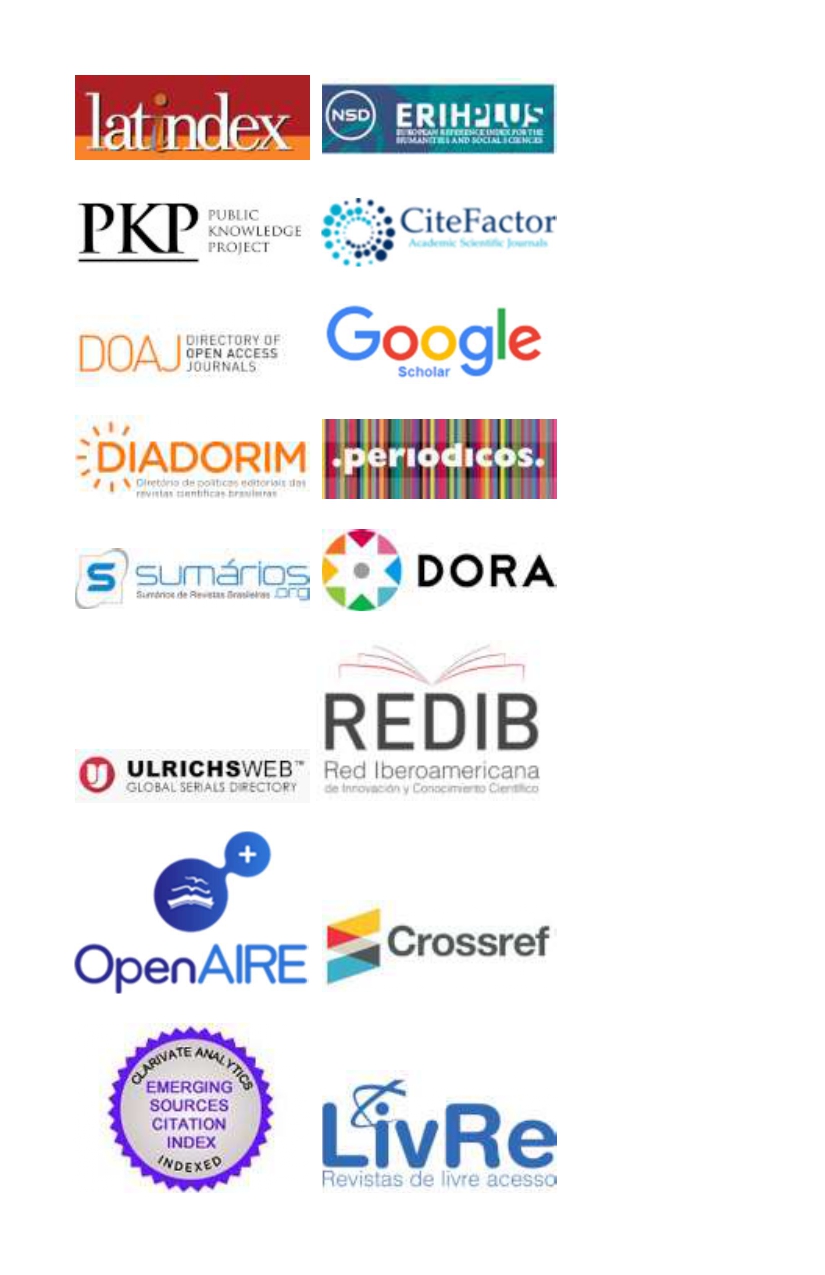TWO TYPES OF EXPERIMENTATION: Where do Institutional Bypasses Fit?
Mots-clés :
Institutional Bypasses, Law, institutional designRésumé
Experimentation is in vogue in discussions of institutional design, but the concept contains an important ambiguity. That ambiguity is highlighted by Mariana Prado and Michael Trebilcock’s work on institutional bypasses. Prado and Trebilcock define an institutional bypass as a type of institutional reform that involves creating a separate institution which operates in parallel with and performs the same function as the original institution. They promote bypasses as ways of opening up room for experimentation. At the same time they distinguish institutional bypasses from randomized controlled trials, one of the best-known types of experimentation. In drawing this distinction Prado and Trebilcock highlight the fact that literature on experimentation in institutional design covers at least two different conceptions of experimentation. In some literature experimentation is exemplified by randomized controlled trials, in others it is exemplified by the more open-ended processes associated with experimentalist governance. This short essay elaborates on the distinctions between the two types of experimentation, argues that institutional bypasses are likely to fit best with the second type, and emphasizes that the two types of experimentation have different advantages and disadvantages as modes of learning and reform.Téléchargements
Références
Davis, Kevin E. 2010. “Legal Universalism: Persistent Objections.” University of Toronto Law Journal 60 (2): 537–53.
———. 2019a. Between Impunity and Imperialism: The Regulation of Transnational Bribery. New York, NY: Oxford University Press.
———. 2019b. “The Limits of Evidence-Based Regulation: The Case of Anti-Bribery Law.” SSRN Scholarly Paper ID 3490807. Rochester, NY: Social Science Research Network. https://papers.ssrn.com/abstract=3490807.
Davis, Kevin E., and Mariana Prado. 2014. “Law, Regulation and Development.” In International Development: Ideas, Experience, and Prospects, edited by Bruce Currie-Alder, S. M. Ravi Kanbur, David Malone, and Rohinton Medhora, 477–86. Oxford: Oxford University Press.
De Búrca, Gráinne. 2017. “Human Rights Experimentalism.” American Journal of International Law 111 (2): 277–316.
De Búrca, Gráinne, Robert O. Keohane, and Charles Sabel. 2014. “Global Experimentalist Governance.” British Journal of Political Science 44 (3): 477–86.
Department of Justice. 2015. “Nine FIFA Officials and Five Corporate Executives Indicted.” May 27, 2015. https://www.justice.gov/opa/pr/nine-fifa-officials-and-five-corporate-executives-indicted-racketeering-conspiracy-and.
Department of Justice, U.S. Attorney’s Office, Eastern District of New York. 2018. “Former FIFA Executive, President of CONMEBOL and Paraguayan Soccer Official Sentenced to Nine Years in Prison for Racketeering and Corruption Offenses.” August 29, 2018. https://www.justice.gov/usao-edny/pr/former-fifa-executive-president-conmebol-and-paraguayan-soccer-official-sentenced-nine.
Prado, Mariana Mota, and Michael J. Trebilcock. 2019. Institutional Bypasses: A Strategy to Promote Reforms for Development. New York, NY: Cambridge University Press.
Sabel, Charles F., and Sabel Zeitlin. 2012. “Experimentalist Governance.” In Oxford Handbook of Governance, edited by David Levi-Faur. Oxford Handbooks. Oxford, UK: Oxford University Press.
The Committee for the Prize in Economic Sciences in Memory of Alfred Nobel. 2019. “Understanding Development and Poverty Alleviation.” Scientific Background on the Sveriges Riksbank Prize in Economic Sciences in Memory of Alfred Nobel.
The Nobel Prize. 2019. “The Prize in Economic Sciences 2019.” NobelPrize.Org. Nobel Media AB 2020. December 11, 2019. https://www.nobelprize.org/prizes/economic-sciences/2019/summary/.
Téléchargements
Publiée
Comment citer
Numéro
Rubrique
Licence
Autores que publicam nesta revista concordam com os seguintes termos:
- Autores mantém os direitos autorais e concedem à revista o direito de primeira publicação, com o trabalho simultaneamente licenciado sob a Licença Creative Commons Attribution que permite o compartilhamento do trabalho com reconhecimento da autoria e publicação inicial nesta revista.
- Autores têm autorização para assumir contratos adicionais separadamente, para distribuição não-exclusiva da versão do trabalho publicada nesta revista (ex.: publicar em repositório institucional ou como capítulo de livro), com reconhecimento de autoria e publicação inicial nesta revista.
- Autores têm permissão e são estimulados a publicar e distribuir seu trabalho online após a publicação na revista.






